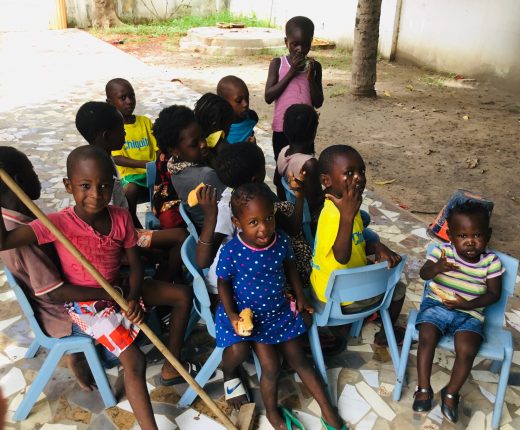We have been witnessing for many years the depletion and diminishment of rural living and subsequently rural communities. This is very evident in statistics; the percentage of people living in areas considered rural in Canada has been declining for generations. This has perhaps been more significant in Newfoundland, with the concentration of population in St. John’s and the Avalon Peninsula and the rapidly declining rural population.
In Canada, it is evident that policies were skewed for the past seventy years to focus on urbanization. It would appear as if there has been a definitive effort to eliminate anything rural. These policies, even if unwritten, have been very successful.
In other countries the rush to urbanization has created massive and even unmanageable cities, where the crush of poverty is, for most, unimaginable. The centralization of wealth and power under the guise of globalization has only exacerbated the decline in rural areas.
Perhaps, it is time to ask whether this is a healthy phenomenon for people.
In Newfoundland, rural communities are in a precarious situation, most dependent on the fishery which has been decimated by decades of flawed policies. The result has been devastated stocks and a push by those in power to consolidate this industry into the hands of a few.
In earlier times, at least the “merchant class” was dependent on fishermen and their families to catch and process the fish. During that era, because of the localized nature of the fishery, communities were important to these merchants as places to house people.
But for most people, communities had a much different meaning- belonging, roots and identity! That is why Newfoundlanders have such a strong attachment to home.
It is a fact that in our earlier history small communities were much more self reliant, dependent mostly on those who lived within their environs. If something was needed everyone contributed. If people were ill they were cared for by their own or with help from others in the community. If people were disabled in any way assistance was given locally. There were few jobs, but everyone worked, except those totally unable.
It is also a fact that people had less in terms of material possessions. But many would argue that they were richer in many other ways. This is not to suggest that life was easy, as it is well known that life was extremely difficult, even harsh.
But, despite the evident wealth of most in developed countries like Canada, there is perhaps a new dawn breaking, not necessarily one of brilliant sunshine, as most have known, but one, with significant cloud cover as economies spiral downward by the weight of endless debt. The newest “Greek Tragedy” is but one example.
Harsh may be a mild adjective of what people are about to experience, especially those dependent on external sources for most all of their physical, economic and social needs, which is the case of most urban centres.
Perhaps is now an optimum time to launch a radical discussion, dialogue, or even a debate whether “rural” has value or, is it a redundant concept. In essence, is rural living worth saving and, if so, how?
The exchange is not only imperative to Newfoundland and Labrador, but would be invaluable to the rest of Canada and globally. Where better to start such a deliberation than in this province with rural communities balanced precariously?
For some, this discussion will be a simple one of economics. I am sure they would argue for closure of rural areas and relocation of people to where there are employment and economic resources.
But, one could argue that with the dramatic economic shifts and transformations that are evident, it is not so simple. Urban metropolises and power centres are struggling themselves. Perhaps not understood is the fact that conurbations have sucked dry and cut adrift the very sources of the supply of most of their resources, their rural foundations.
For others, the dialogue will be one of self preservation and salvaging that in which they have invested all of their lives. The reality is that given the current economic and political climate there appears little support for either people or communities who are not self sufficient (this apparently only applies to small and rural and not to larger centers).
The debate has to transcend economics, social support, and even political dynamics, as these are all fluid and unpredictable. It has to address the human aspects of life and what is best for people.
The main discourse for the future has to focus on human survival and people’s well being and not where they should or should not live; be it rural or urban. The challenge is to move from the mono culture of individualism and its narrow approaches to education and social care; and to shift the crass focus of “more” and “bigger” that constitutes current day economics.
It is only with a frank, open and inclusive dialogue that solutions will become evident to our current visible and hidden dilemmas and a new pathway for humanity can be discovered; one with a deeper respect for people.
Written by Bill Pardy,
May 20th, 2010


